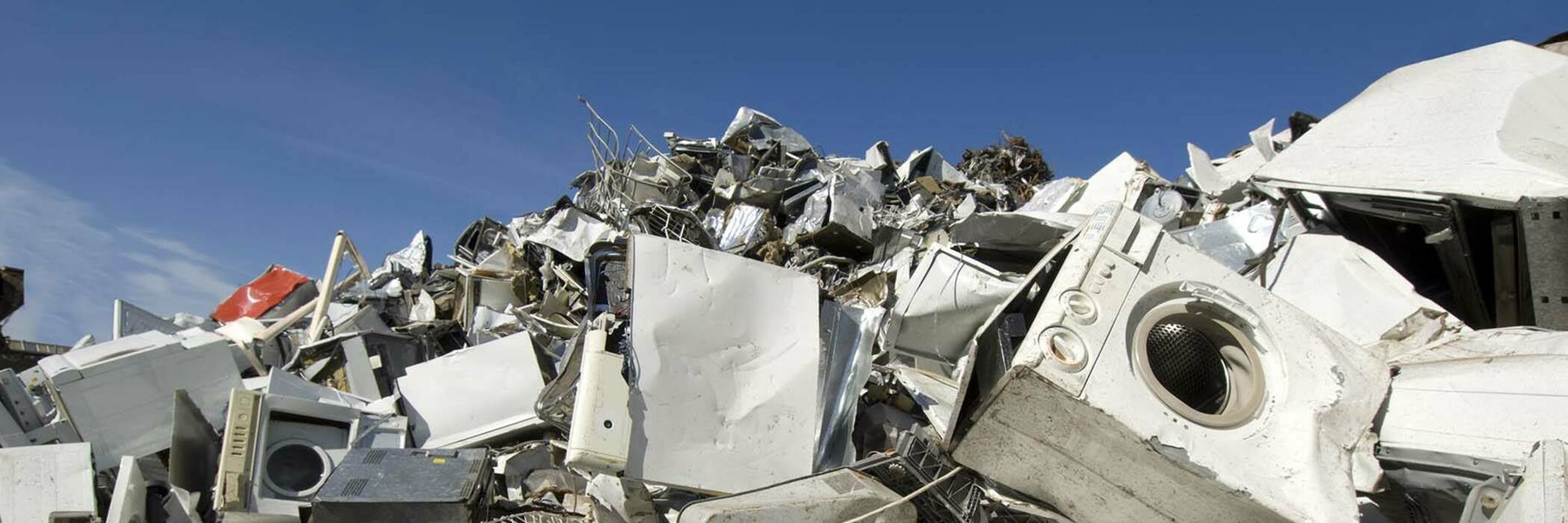
Spare parts not available: Why the Consumer Guarantees Act needs repair
Spare parts stop products going to landfill – but too often they aren’t available.
As environmental concerns mount, more consumers are opting to get products repaired rather than replaced. However, their efforts can hit a major snag when spare parts aren’t available.
Our Built to Last campaign aims to encourage manufacturers and distributors to make more durable and repairable products available. So, what are companies’ obligations to provide spare parts for their products?
The Consumer Guarantees Act (CGA) requires goods to be of acceptable quality and that includes being durable.
If your fridge or TV fails before its time – and you haven’t caused the failure –the retailer has to fix the problem. That means either repairing or replacing the item or giving you a refund.
Repairing a product keeps it in use – preventing it reaching end-of-life and being recycled for parts or, worse, ending up in landfill.
The CGA puts the onus on manufacturers to ensure spare parts and repair services are available for a reasonable time after a product is sold. But there’s a loophole.
The Consumer Guarantees Act needs a fix
Manufacturers don’t have to provide spare parts or repair services if consumers are told they aren’t available at the time of purchase. This means a product with only a minor fault could end up being dumped because there are no parts to fix it.
Getting rid of the CGA loophole would be a step towards reducing the tonnes of failed products that become trash. Our legislation was ahead of its time when it came into force in 1993. However, now it’s showing its age. We’d like to see the CGA amended to require all manufacturers to make spare parts available for a reasonable period.
Though you’re still entitled to get a replacement or your money back if the product isn’t of acceptable quality, it doesn’t solve the problem of goods being needlessly junked.
Good, but no repair

Ryobi offers a four-year replacement warranty on all its corded tools and a six-year replacement warranty for cordless tools (batteries and chargers get cover for three years). That’s good.
However, “replacement” is the important word here. The Ryobi website states: “We do not have any repair facilities and cannot repair any products.” That’s bad.
While Ryobi is fulfilling its CGA obligations, we don’t think it’s good enough. We’ve asked Ryobi for comment.
It’s our right
Even the most reliable products get damaged and wear out. Often, the parts that fail are easy to replace – or at least they should be. The problem isn’t just being unable to find spare parts: parts that are available are often prohibitively expensive; the use of glue or proprietary fasteners makes disassembly difficult; and missing repair manuals leave owners guessing.
Other countries are already moving to beef up consumers’ rights to get goods repaired.
In Europe, rule changes have forced whiteware manufacturers to make spare parts more readily available and improve the design of major appliances so they’re easier to repair.
In the US, the “Right to Repair” movement has succeeded in getting proposed legislation in some states that requires manufacturers to make spare parts available to consumers and independent repairers.
The issue is also on the agenda across the Tasman. Australia’s Productivity Commission is investigating “the barriers and enablers of competition in repair markets and the costs and benefits of a regulated ‘right to repair’”. It will release the final report to the government in October 2021.
Our government has been quiet on the topic. The simplest route to enabling more repair is to first close the CGA loophole, then improve that legislation to require the supply of parts at a reasonable cost and the availability of manuals to consumers and independent repairers.
Member comments
Get access to comment